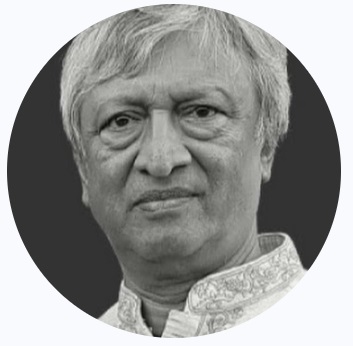Press Freedom at Rock Bottom in Bangladesh: Analysis in Light of Global Trends
Delwar Jahid
Press freedom remains a cornerstone of democratic societies, serving as a vehicle for disseminating information, shaping public opinion, and accountability. However, the extent of press freedom varies widely worldwide, shaped by historical, legal, and socio-political factors. This article discusses the state of press freedom in Bangladesh, compares it with global standards, and explores the best countries to study journalism.
Bangladesh: A Dangerous Territory for Journalists
According to Reporters Without Borders (RSF), Bangladesh ranks as the third most dangerous country for journalists in its 2024 list of dangerous countries. Although the country’s constitution guarantees freedom of expression, this right is often undermined by legislative, political, and social pressures.
Legal constraints: Journalists in Bangladesh face severe legal challenges, including the 1974 Special Powers Act, which allows for detention without trial for up to 120 days. Additional legal constraints include criminal penalties for defamation, sedition, and reporting on sensitive national security matters. These laws significantly hinder investigative journalism and discourage the press from effectively checking power.
Lack of security: Journalists often work in an environment rife with censorship, harassment, and intimidation, leading to widespread self-censorship. These challenges weaken the press’s ability to act as a strong watchdog, weakening public trust in the media.
Global perspectives on press freedom: Countries worldwide demonstrate varying degrees of commitment to press freedom. For example, Sweden stands out as a trailblazer, becoming the first country to constitutionally guarantee press freedom through its 1766 Freedom of the Press Act. The law sets a historic precedent for openness and transparency.
In contrast, neighboring South Asian countries, such as India, face similar struggles in maintaining an independent press. India ranks 159th out of 180 countries in the 2024 World Press Freedom Index, reflecting significant challenges in terms of media autonomy and the safety of journalists. The index assesses the political, economic, sociocultural, legal, and security conditions for journalists. India’s declining rank since 2017 indicates growing concerns about press freedom in the region.
Best Countries to Study Journalism: For aspiring journalists, understanding and navigating the dynamics of press freedom is crucial. The following countries offer exceptional opportunities to study journalism, marked by a strong tradition of press freedom and academic excellence:
Sweden: With a historic commitment to press freedom, Sweden provides a supportive environment for studying media ethics and investigative journalism.
Denmark, Finland, and Norway: Known for their high levels of press freedom and journalistic integrity, these Nordic countries are ideal for students seeking rigorous training in journalism.
New Zealand and Ireland: These countries emphasize ethical reporting and critical thinking while providing strong legal protections for journalists.
The Netherlands and Switzerland: Renowned for their progressive approach to media studies, these countries encourage innovation and adaptability in modern journalism.
Conclusion
Press freedom is a fundamental pillar of democratic societies, yet its realization remains uneven worldwide. In Bangladesh, restrictive laws and security threats pose significant challenges to journalistic integrity and public trust in the media. Despite these obstacles, the country’s vibrant and courageous newspapers continue to play a vital role in holding the power of account and raising awareness about social injustice.
Countries like Sweden exemplify the potential of press freedom to drive democracy and transparency. For future journalists, studying in countries with strong press freedom traditions can equip them with the tools and perspectives needed to advocate for this essential right worldwide. Strengthening legal protections, building a culture of tolerance, and ensuring accountability for violations are important steps to promote and protect press freedom in Bangladesh and beyond.
Author: President, Bangladesh North American Journalists Network














